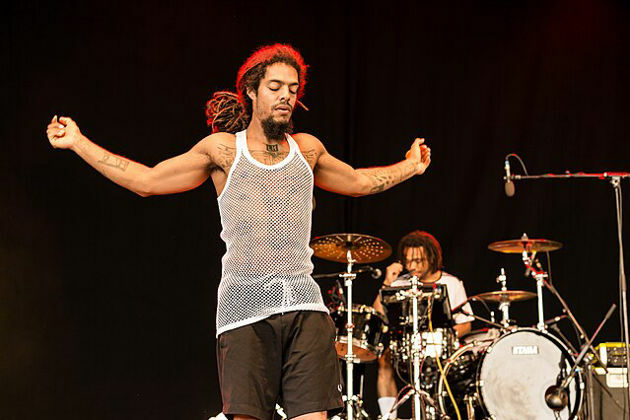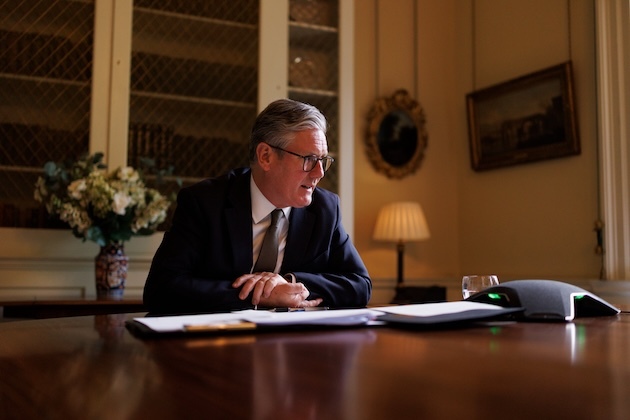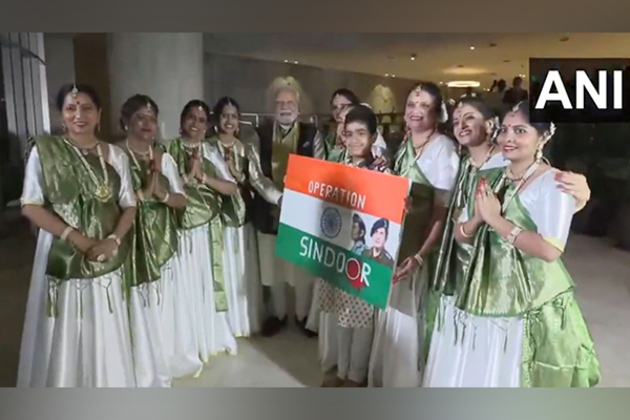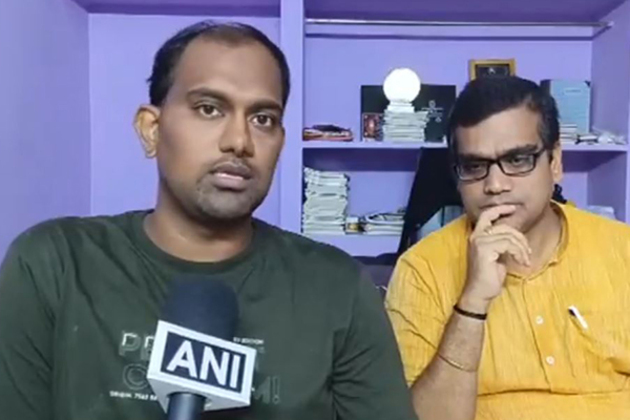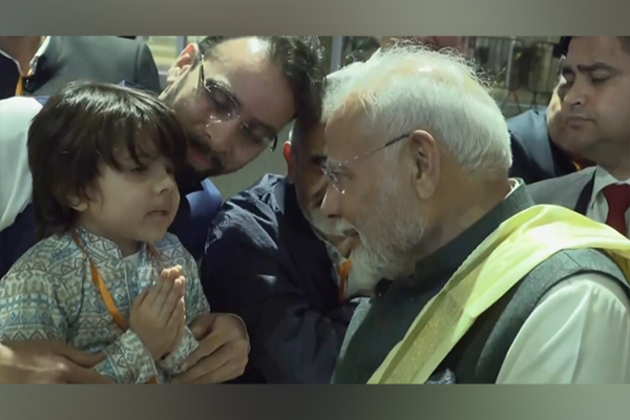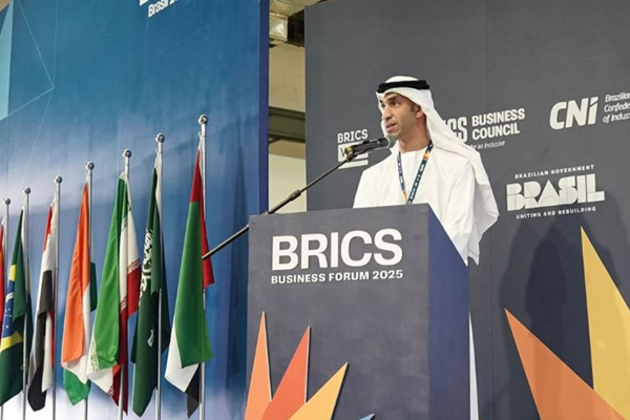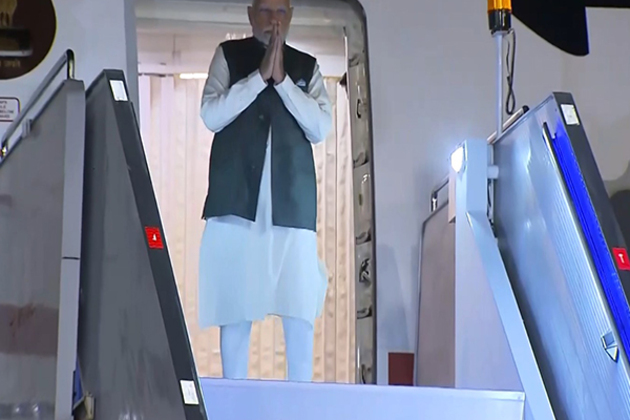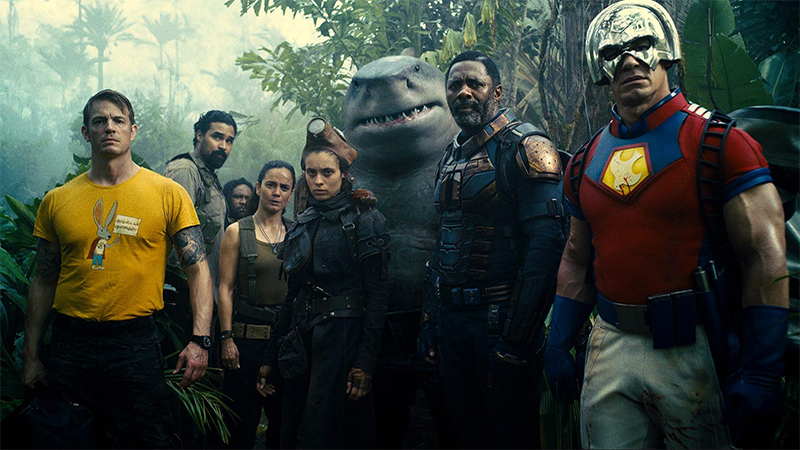EXPLAINER | What you need to know about what's happening in Zimbabwe
News24
04 Aug 2020, 23:40 GMT+10
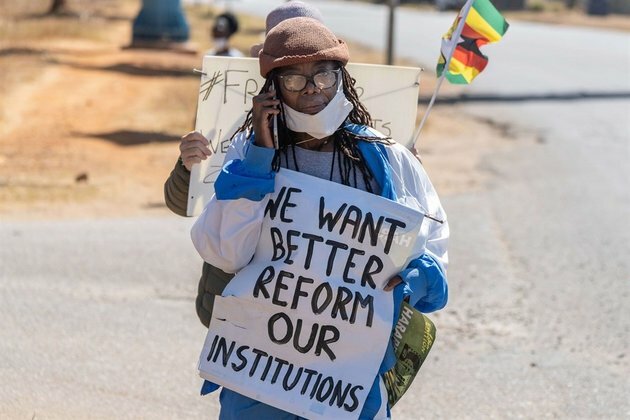
Ever since the start of Zimbabwe's national lockdown, the country has seen protests by activists and healthcare personnel over the country's poor response to Covid-19, and lack of care to the vulnerable in society.
The country is facing one of its worst economic crises in more than a decade, marked by inflation running above 700%, acute shortages of foreign currency and public hospitals crippled by strikes and a lack of medicine. Food shortages have also been reported.
AJ+ reported that Zimbabwean police have arrested over 105 000 people since March for allegedly violating Covid-19 restrictions.
In May, opposition Member of Parliament Joana Mamombe, along with Cecilia Chimbiri and Netsai Marova, were arrested at a roadblock guarded by police and soldiers, where they were abducted, tortured and sexually assaulted.
On 6 July, 13 nurses were arrested at Sally Mugabe Hospital in Harare for protesting and demanding better wages and working conditions.
At the time, Amnesty International's Muleya Mwananyanda said: "The charges levelled against these nurses, to enforce Covid-19 lockdown regulations, are clearly aimed at preventing them from organising and speaking out against low wages and terrible working conditions."
Ahead of a planned mass public gathering against corruption on 31 July, Chin'ono was arrested at his home in Harare on 20 July after he reported on allegations involving US$60 million in state corruption.
The Dutch embassy in Zimbabwe described Chin'ono's arrest as "part of a worrying trend against free speech in Zimbabwe", but Secretary for Information Nick Mangwana said journalists were not above the law.
A day later, activist Jacob Ngarivhume of the Transformation Zimbabwe non-profit, suspected of being one of the organisers of the 31 July protests, was also arrested.
On the same day, Mnangagwa announced vast new lockdown measures, including a new 18:00 to 06:00 curfew, and forcing "non-working sections" of the population to stay at home.
"Anyone who knowingly exposes, aids, abets, or infects innocent persons, whether by breaching conditions of isolation or by encouraging actions which undermine public health measures which government has announced or undertaken, will be liable, and severely punished accordingly," Mnangagwa said.
A day before planned nationwide protests on 30 July, Amnesty International said police arrested the sister of investigative journalist Mduduzi Mathuthu, and refused to release her until the journalist appeared at Bulawayo Central police station.
Mathuthu is the editor of online publication Zimlive and has been charged with planning the protests.
What happened on 31 July?
On Friday, 31 July, Zimbabwean businesses were closed and streets deserted in the capital Harare early on Friday as security forces increased patrols to stop anti-government protests called by activists over corruption and economic hardship.
Security forces also increased checkpoints on roads leading into central Harare which led to a number of arrests, the SABC reported.
In central Harare and nearby Mbare township - a hotbed of past protests - businesses, including banks and supermarkets, were shut as police and soldiers patrolled the streets.
"Workers were told not to come today just in case there was trouble," a security guard, who identified himself as Martin, told Reuters.
Mnangagwa described the planned protests as an "insurrection" by the opposition.
Amnesty International said a number of activists went into hiding ahead of the protest after police published a list of names of human rights defenders wanted for questioning in connection with the planned protests.
The increased police presence largely halted the planned protest, however, some individuals bravely defied the banning order and were arrested.
This included opposition party MDC's spokesperson Fadzai Mahere and Henry Chivanga - an activist fighting for the rights of people with disabilities - both were arrested.
Police spokesperson Paul Nyathi said five people were arrested in total for inciting public violence after protesting in their neighbourhood, including novelist Dangarembga.
Human rights lawyers, however, believe more were detained.
What has happened since?
Mnangagwa, like his predecessor Robert Mugabe before him, described the economic crisis in Zimbabwe as the result of sabotage by businesses and an opposition funded by the West.
In a televised address on Tuesday, Mnangagwa said his economic reform agenda has seen a number of headwinds including the "divisive politics" by opposition leaders, "illegal sanctions", droughts and the Covid-19 pandemic.
"We will defeat the attack and stop the bleeding of our economy, we will overcome attempts at destabilisation of our society by a few rogue Zimbabweans acting in league with foreign detectors," Mnangagwa said.
He said that "dark forces" both inside and outside Zimbabwe "have tampered with" the country's growth for "too long".
"The bad apples that have attempted to divide our people and weaken our systems will be flushed out."
Amnesty International said the country had launched a witch-hunt against political and human rights activists suspected of being behind the planned demonstration.
"This latest witch-hunt and repression of peaceful dissent is a continuation of what we have seen in the country in recent years, including the abductions and arbitrary arrests of those who are critical of the government, in an attempt to muzzle differing views. The thwarting of the protest illustrates the Zimbabwean authorities' total intolerance of criticism," Amnesty International's Mwananyanda said.
The African Editors' Forum (TAEF) and the Southern African Editors' Forum (Sanef) also expressed concern about "the continued harassment and arrest of journalists in Zimbabwe by the government".
Both bodies also called for the immediate release of Chin'ono and reminded the Zimbabwean government that journalism was not a crime.
 Share
Share
 Tweet
Tweet
 Share
Share
 Flip
Flip
 Email
Email
Watch latest videos
Subscribe and Follow
Get a daily dose of Zimbabwe Star news through our daily email, its complimentary and keeps you fully up to date with world and business news as well.
News RELEASES
Publish news of your business, community or sports group, personnel appointments, major event and more by submitting a news release to Zimbabwe Star.
More InformationInternational
SectionUS sends message by publicizing visa ban on UK punk-rap band
WASHINGTON, D.C.: The Trump administration has made public a visa decision that would usually be kept private. It did this to send...
Tragedy in Spain: Diogo Jota and his brother die in car accident
MADRID, Spain: Liverpool footballer Diogo Jota and his younger brother, André Silva, have died in a car accident in Spain. Spanish...
Early heatwave grips Europe, leaving 8 dead and nations on alert
LONDON, U.K.: An unrelenting heatwave sweeping across Europe has pushed early summer temperatures to historic highs, triggering deadly...
U.S. military, China, Russia in Space race
President Donald Trump's plans to build a space-based Golden Dome missile defense shield have drawn immediate criticism from China,...
Trump wins $16 million settlement from Paramount over CBS Harris edit
NEW YORK CITY, New York: Paramount has agreed to pay US$16 million to settle a lawsuit brought by U.S. President Donald Trump over...
British PM faces major party revolt over welfare reforms
LONDON, U.K.: British Prime Minister Keir Starmer won a vote in Parliament this week to move ahead with changes to the country's welfare...
Africa
SectionBrazil: Indian Diaspora holds cultural performance on Operation Sindoor to welcome PM Modi
Rio de Janeiro [Brazil], July 6 (ANI): Prime Minister Narendra Modi witnessed unique cultural performances upon his arrival in Brazil....
"Terrorists are demanding ransom in exchange for people": Relative of Odisha youth abducted by Al-Qaeda in Mali
Ganjam (Odisha) [India], July 6 (ANI): Brother in law of P Venkataraman, a resident of Odisha's Ganjam district who is among the three...
PM Modi receives grand welcome in Brazil, interacts with Indian diaspora
Rio de Janeiro [Brazil], July 6 (ANI): Prime Minister Narendra Modi received a grand welcome from the Indian community upon his arrival...
UAE highlights potential of deeper trade, investment collaboration between BRICS nations
Rio de Janeiro [Brazil] July 6 (ANI/WAM): The United Arab Emirates, represented by Thani bin Ahmed Al Zeyoudi, Minister of Foreign...
PM Modi arrives in Brazil to attend BRICS Summit
Rio de Janeiro [Brazil], July 6 (ANI): Prime Minister Narendra Modi has arrived in Brazil on a four-day visit during which he will...
Surging Marlins storm back to beat Brewers
(Photo credit: Sam Navarro-Imagn Images) Rookie Agustin Ramirez grounded a two-out, two-strike, two-run, tie-breaking single in the...

